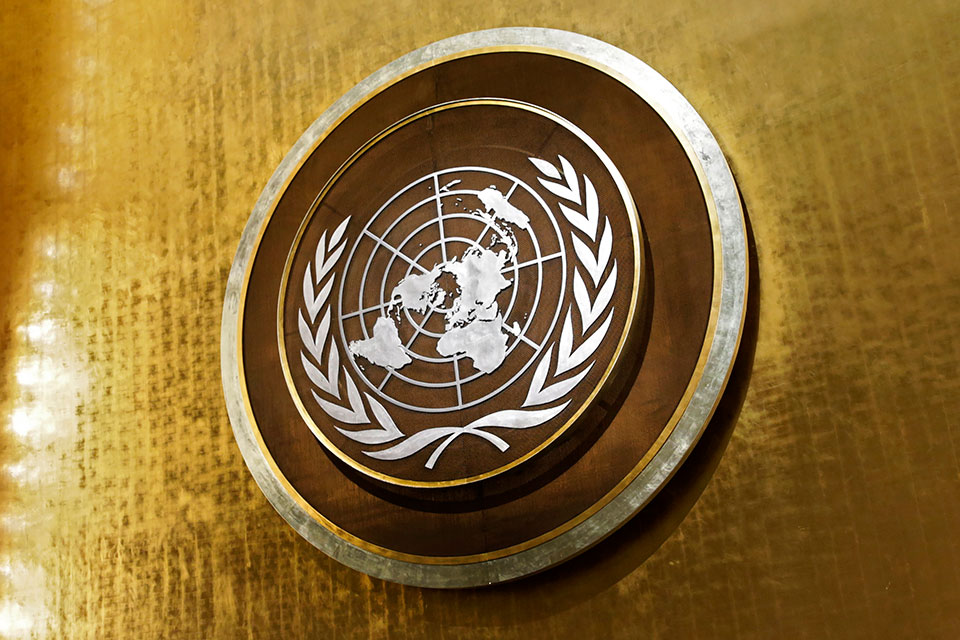Overview, Previous review and international legal obligations
- This joint submission addresses aspects of economic and social rights in Bahrain and focuses on:
(1) Working conditions, especially in respect to migrant workers and the overall working context, including access to healthcare;
(2) Non-discrimination, namely towards religious communities in Bahrain;
(3) Business and human rights
- The methodology for this text is based on the research conducted and issued by SALAM DHR and RRC, itself based on interviews, legal analysis and open source research.
- Bahrain is a state party to the International Covenant on Civil and Political Rights (ICCPR), the Convention on Economic, Social and Cultural Rights (CESCR) as well as the Convention on the Elimination of Discrimination Against Women (CEDAW), in relation to which it has lodged specific reservations. In this reporting cycle, to the best of our knowledge, the GoB has not allowed human rights experts from the United Nations (UN) thematic mechanisms to visit the country; international human rights organisations have not been permitted to visit the country or accorded any unfettered access while SALAM DHR as well as other Bahrain-focused NGOs based outside the country are not permitted to operate in Bahrain.
- The GoB’s state human rights bodies have failed to adequately address ESCR in their current reports
- In the previous UPR cycle, economic, social and cultural rights (ESCR) were not discussed in those terms, though aspects of the four areas examined by this text were addressed and these are assessed in the relevant subsection, below.


 العربية
العربية Français
Français Deutsch
Deutsch